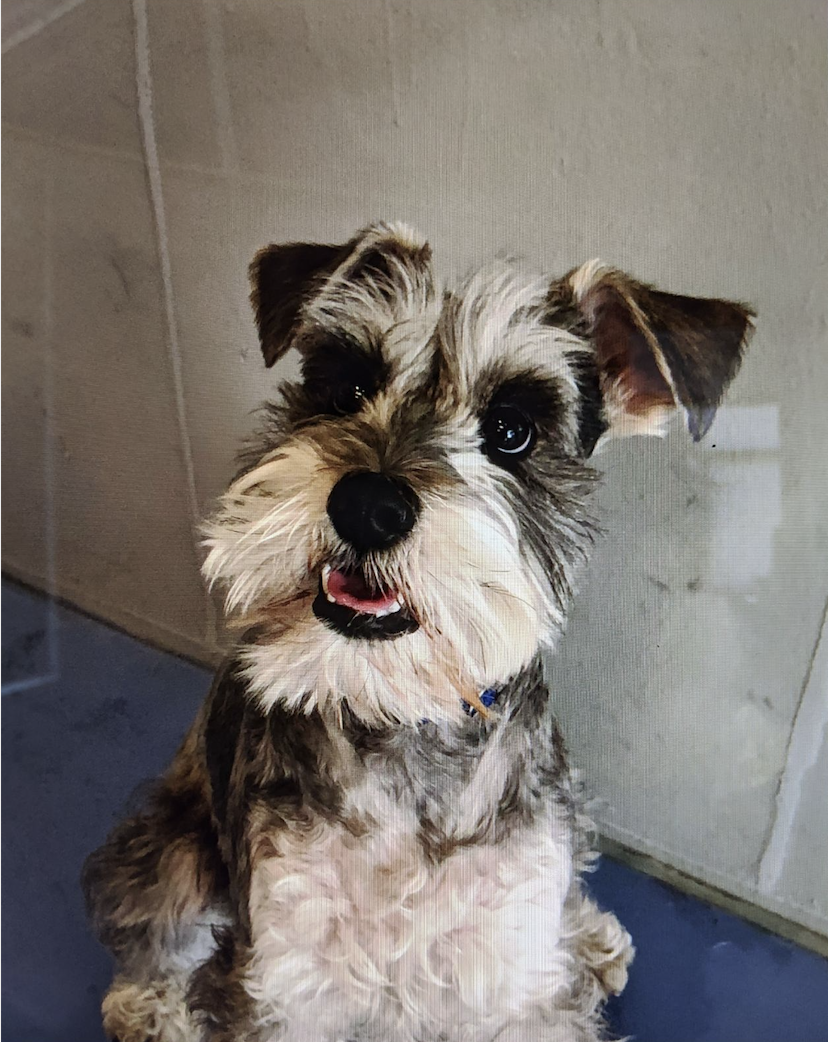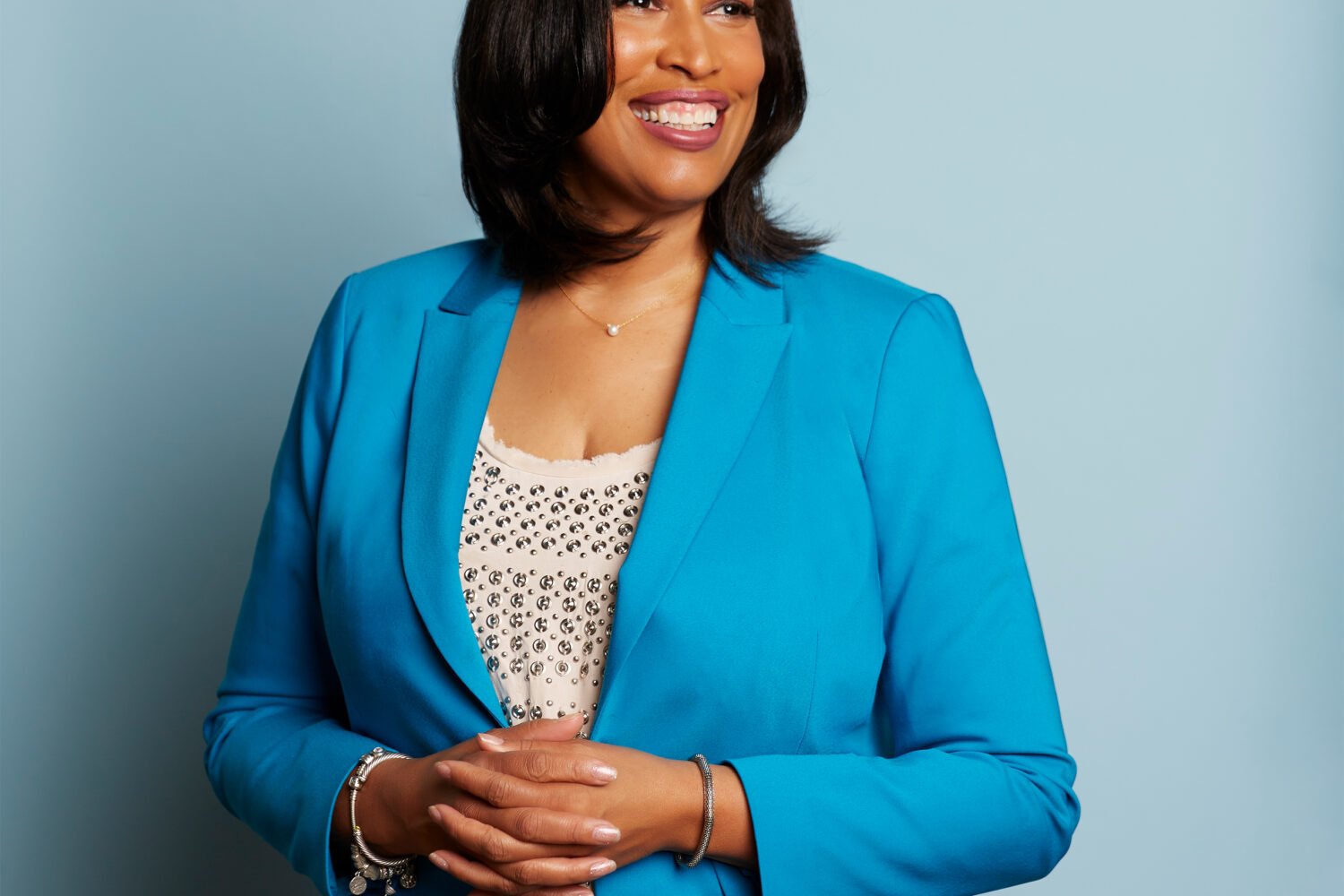People have been calling Patrick’s Pet Care owner Patrick Flynn sobbing. In the prolonged isolation of the pandemic, they acquired puppies. And now that things are opening up again, they’re realizing they’re not the only ones stressed—so are their pets.
“These people call being like ‘my dog has separation anxiety, I have to go back to work. My landlord’s writing me nasty letters, because if I go out for the coffee shop, he starts screaming,’” Flynn says. “They need help. And there’s lots of them. And it is overwhelming.”
For Flynn, the wave of frantic pandemic puppy parents looking to acclimate their anxious dogs to a reopening DC is completely unprecedented. Many pandemic puppies never underwent the normal socialization their older canine counterparts did. And now that pet parents are traveling and returning to the office again, the dogs are suffering separation anxiety or separation distress.
“I wish that we can help everyone but there’s only, again, so many hours, and they’re just so many dogs,” Flynn says. His business, which has had to turn away droves of distressed dog parents, is just one of many in town dealing with an influx of new clients looking for local businesses to board, train, or sit their dogs.
“All of a sudden, business doubled almost overnight. I don’t know what occurred… But by February going into March, a flip was switched. And an influx of dogs immediately showed up,” Jacob Hensley, owner of District Dogs, says.
At District Dogs, that increase surpassed pre-pandemic levels. Previously, Hensley recommended clients book overnight boarding services for holiday weekends a few weeks in advance. Now, every weekend brings the crush of a holiday weekend.
Even during the week, Hensley has had to turn people away. If someone does snag an open spot, District Dogs still reserves the right to refuse a dog from their care—a practice that is happening more now. “It’s nothing really personally against the dog, it’s just not a good fit. We don’t fail dogs only because of aggressive issues. We definitely will fail a dog if they can never settle down, and they’re anxious the entire time, then it’s not healthy for the dog,” Hensley says.
Unfortunately, the pandemic puppies are quite the anxious crowd. Hensley previously failed dogs who destroyed property by chewing on the wall, which he says is a sign of poor training or separation anxiety. He also says some pandemic puppies will bark non-stop, which can upset other dogs in daycare.
“So many people fail to properly socialize their dog because either they’re scared of the pandemic and meeting people or they just forgot to do it and didn’t think it was that important,” Hensley says. He says that the 12- to 18-week age period is crucial in a dog’s life for them to grow up healthy and socialized.
District Dogs offers Puppy Kindergarten, which is a socialization class just for puppies. They started the class last summer due to the influx of new puppies and now routinely reach full capacity at all three of their locations. In the past week, they have also introduced a “Structured Daycare” program aimed at socializing anxious older pups and dogs.
Mandy Dean-Sanford is a Bethesda resident and mom to a Schnauzer puppy named Steven. Steven was a special case among pandemic puppies because he was separated from his litter far too early, but he immediately bonded to Dean-Sanford and her husband, Jeff.
“If he watched one of us stop into a store to go get a smoothie or something while we’re walking, or to get water, he would just start screaming,” she says. “We can’t move eight feet without him, or he panics.”
After several months of taking anxiety medication, seeing a behaviorist, and attending the Day Care 101 class offered by Patrick’s Pet Care, Steven can now be alone for several hours at a time. Dean-Sanford started treating Steven’s separation anxiety almost immediately after receiving the pup, but some parents haven’t thought that far ahead.
The stress of the pandemic is already causing issues at places where people like to congregate with their pups. Moreland’s Tavern in 16th Street Heights recently banned pets on its patio after a couple incidents involving rowdy dogs chasing or barking after other canines. Managing Partner Matt Croke says the restaurant had never had issues with dogs on the patio before the pandemic.
So far, the Humane Society has not reported a widespread trend of surrendering pandemic dogs. DC’s local Lucky Dog Animal Shelter did report an increase in returned adoptees, but it’s on par with the increase in adoptions they experienced in 2020.
Flynn of Patrick’s Pet Care, however, is concerned that the trend could get worse: “I’m very worried that when the true rubber hits the road this fall, that all these pandemic puppies—because people can’t cope and they can’t find the trainers and the behaviorists and the medications necessary to help their dogs through the separation anxiety—[their owners] are going to just return them to shelters.”














